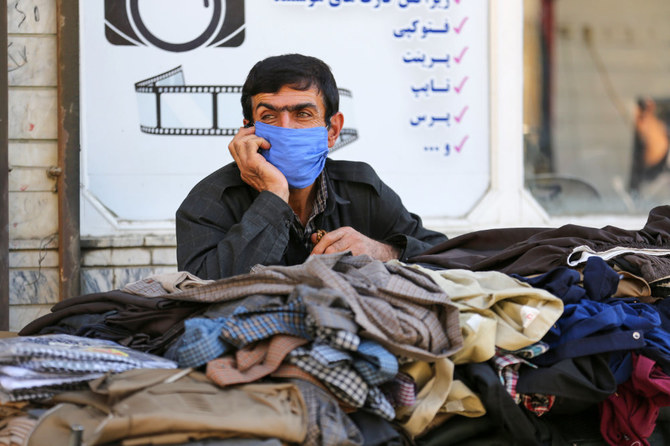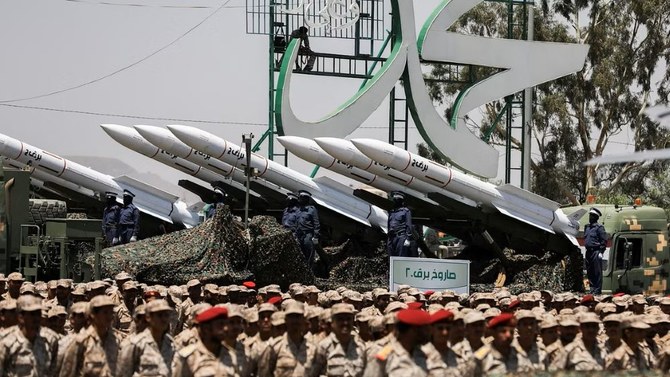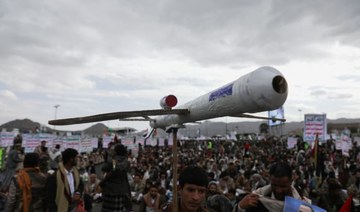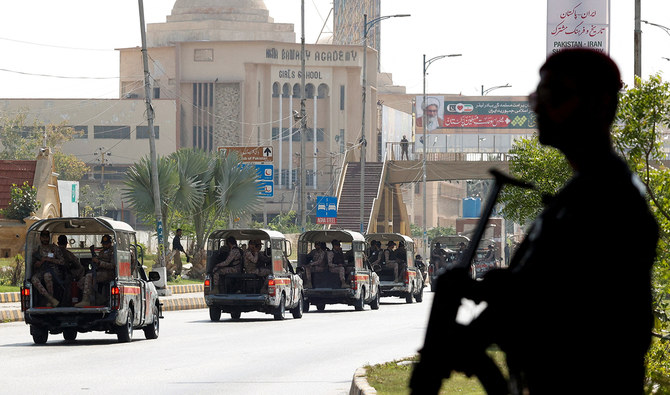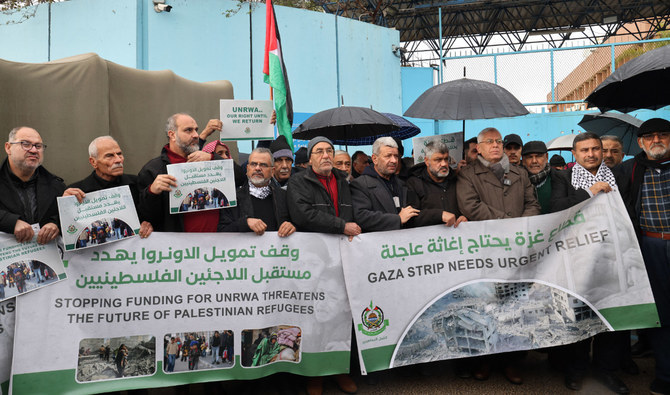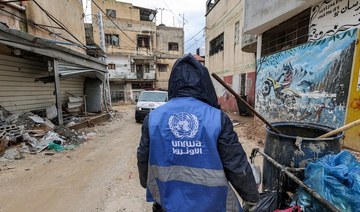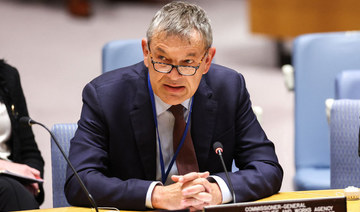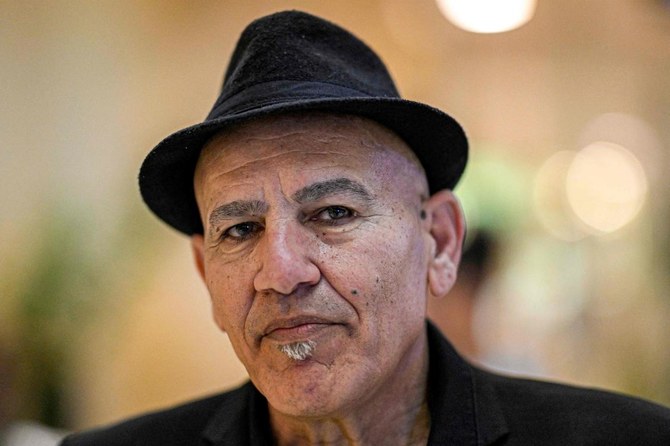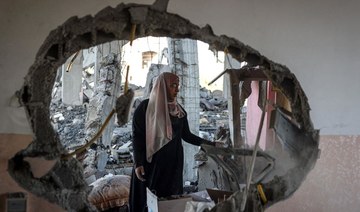JEDDAH: The official coronavirus death toll in Iran surged past 24,000 on Saturday as health chiefs admitted 90 percent of COVID-19 patients on ventilators in hospital were dying.
Payam Tabarsi, head of infectious diseases at Masih Daneshvari Hospital in Tehran, said the number of emergency room patients had jumped from 68 a day to 200 in the past week. “People are queuing to be admitted,” he said, and if the trend continued, deaths from coronavirus could reach 600 a day within weeks.
Iran’s total number of confirmed cases in the past 24 hours spiked by 2,845 to 419,043 and the death toll rose by 166 to 24,118, Health Ministry spokeswoman Sima Sadat Lari said.
Iran was slow to react to the first coronavirus cases in February, and is now battling the Middle East’s deadliest outbreak. Daily infections have remained above 2,000 for the past two weeks and are nearing the 3,574 high reached in early June.
Analysts both inside and outside Iran are skeptical of the official figures and believe the true level of infections and deaths is far higher. President Hassan Rouhani blamed people’s failure to observe preventive measures, especially wearing masks, for the surge in cases.
“Today, the Health Ministry gave a worrying report,” he said on Saturday. “The public’s observance, which was 82 percent in earlier weeks, has fallen to 62 percent.”
FASTFACTS
- Iran’s total number of confirmed cases in the past 24 hours spiked by 2,845 to 419,043 and the death toll rose by 166 to 24,118. •Daily infections have remained above 2,000 for the past two weeks and are nearing the 3,574 high reached in early June. •551 new cases were reported in Saudi Arabia on Saturday, taking the total to 329,271. •Worldwide, the virus has infected just under 31 million people and killed nearly 960,000, amid fears of a ‘second wave.’
- Daily infections have remained above 2,000 for the past two weeks and are nearing the 3,574 high reached in early June.
- 551 new cases were reported in Saudi Arabia on Saturday, taking the total to 329,271.
- Worldwide, the virus has infected just under 31 million people and killed nearly 960,000, amid fears of a ‘second wave.’
Meanwhile in Saudi Arabia daily coronavirus case numbers have fallen to a five-month low after 551 new cases were reported on Saturday, taking the total to 329,271. The death toll rose by 28 to 4,458. The last time the Kingdom recorded numbers in the 500s was April 15, when 518 cases were reported.
Worldwide, the virus has infected just under 31 million people and killed nearly 960,000, amid fears of a “second wave” of the pandemic after the first outbreaks early in the year.
European countries from Denmark to Greece have announced new restrictions to curb surging infections in some of their largest cities, and Britain is considering new measures to tackle an “inevitable” second wave of COVID-19.
The UK has reported the fifth-largest number of deaths from COVID-19 in the world, after the US, Brazil, India and Mexico. “We are now seeing a second wave coming in ... it is absolutely, I’m afraid, inevitable, that we will see it in this country,” Prime Minister Boris Johnson said.
England’s public health chief Yvonne Doyle said: “We’re seeing clear signs this virus is now spreading across all age groups and I am particularly worried by the increase … among older people. This could be a warning of far worse things to come.”



